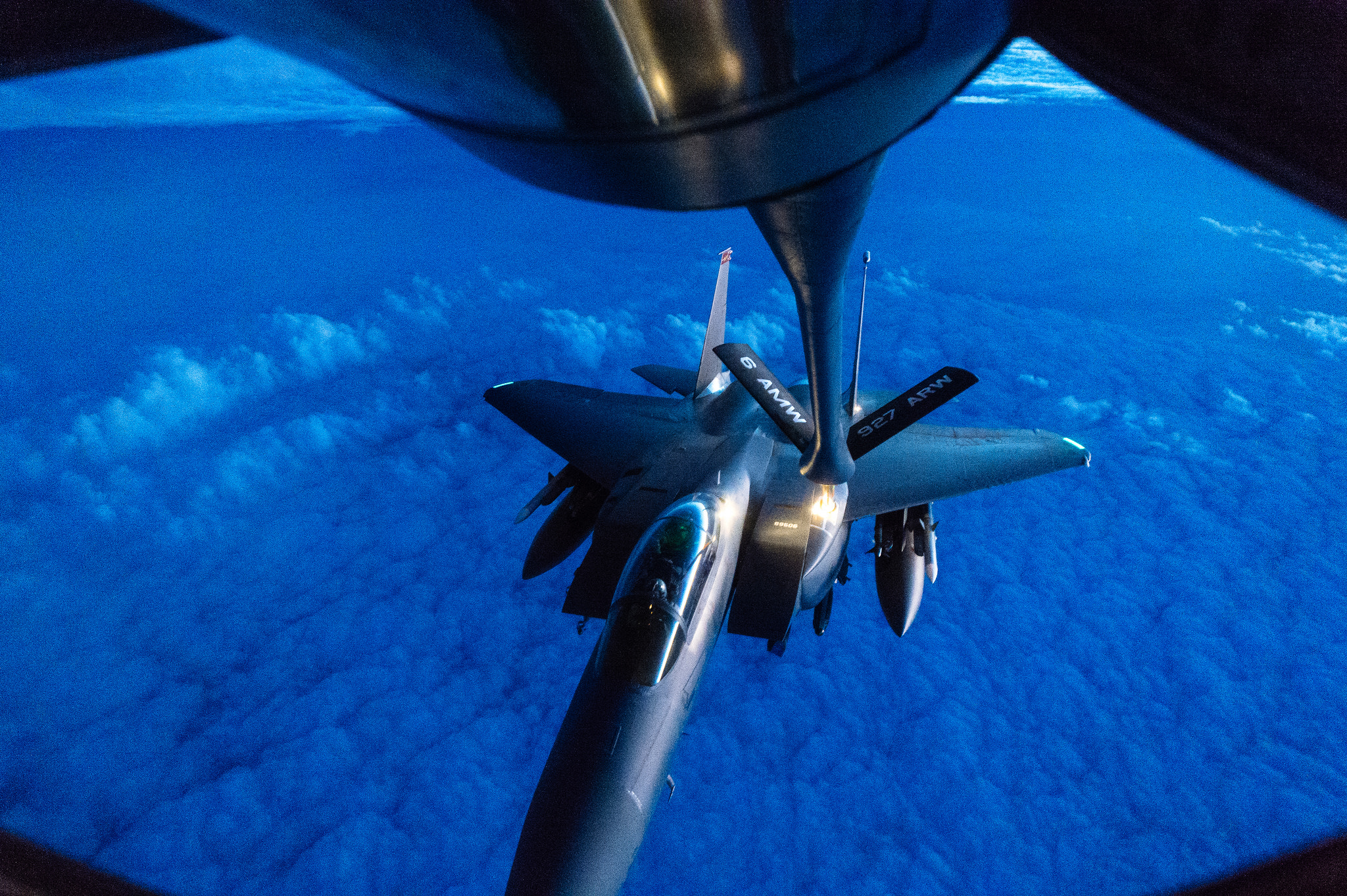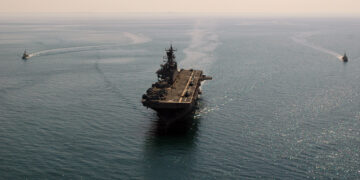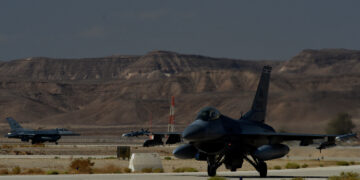President Joe Biden’s administration has spent the last three months trying to prevent the war in Gaza from spreading to other regions in the Middle East. Yet the Houthis, who in 2014 overthrew the internationally recognized government in Yemen and have been acting as the country’s de facto authorities ever since, have other ideas. The Yemeni group-turned-rebel army is increasingly treating the Red Sea as an area of active hostilities, forcing the United States into debating a number of policy options, including the use of military force, to keep the waterway open to global commerce.
Armed in part by Iran and well stocked after overrunning the Yemeni army’s weapons depots, the Houthis have launched numerous drone and ballistic missile attacks toward civilian ships sailing through the Bab el-Mandeb into the Red Sea. On Dec. 20, the USS Carney, a U.S. warship in the region, shot down 14 drones launched from Houthi-controlled territory in Yemen. On New Year’s Eve, U.S. helicopters destroyed three small Houthi boats that were attempting to attack another civilian vessel in the area, killing at least 10 Houthi militants in the process.
These incidents have caused some of the world’s biggest shipping and energy companies, including BP, to suspend operations in the Red Sea, through which 12% of the world’s trade passes. The Houthis have demonstrated no willingness at this stage to stop these attacks, which they have vowed to continue as long as Israel proceeds with its war against Hamas in Gaza.
Thus far, the U.S. has taken a two-track approach to the crisis: using backchannel diplomacy to demand the Houthis cease these unwarranted strikes and organizing a multinational naval task force that aims to protect civilian cargo vessels as they move toward the Suez Canal. The administration hopes that by internationalizing the problem and bringing more stakeholders into the game, the Houthis will become more restrained, lest they bring about a global military response. In case the Houthis missed the message, the U.S. and other nations published a joint statement on Jan. 3 that sounded like a final warning to the group: Stop the attacks or face the consequences.
More on Middle East
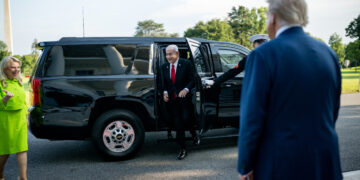
Featuring Jennifer Kavanagh
July 30, 2025
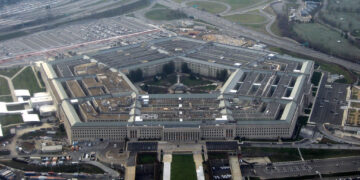
By Dan Caldwell
July 28, 2025
